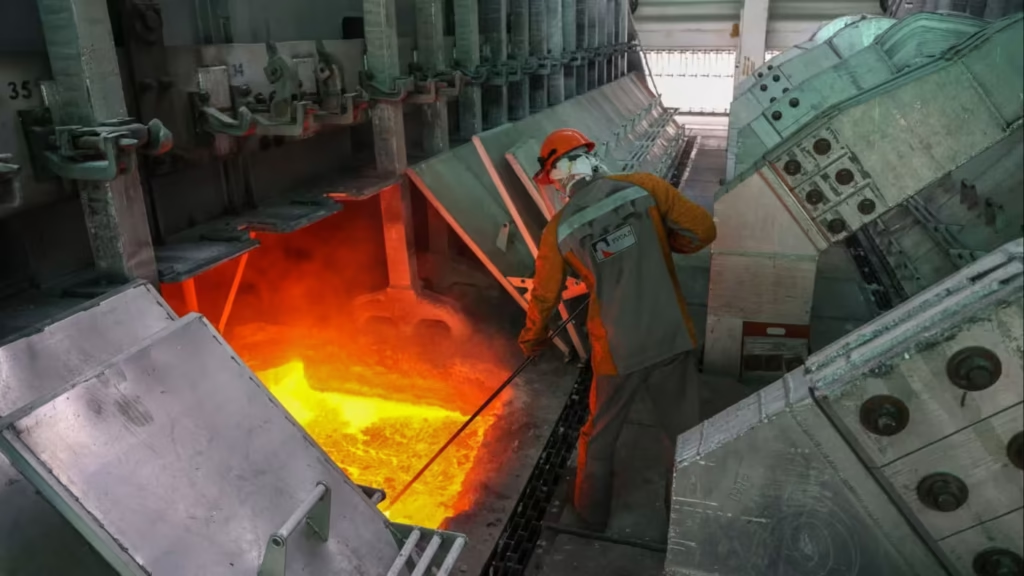EU capitals have unanimously agreed on a new sanctions package aimed at increasing pressure on Moscow while enhancing support for Ukraine. This development comes despite a rapid initiative by U.S. President Donald Trump to negotiate an end to the ongoing war in Ukraine. The latest measures specifically target Russia’s aluminium and oil exports, signaling the EU’s commitment to maintaining a robust response in the face of evolving geopolitical dynamics.
Brussels is particularly concerned that Trump may consider easing U.S. sanctions on Russia as part of a potential peace deal negotiated with Russian President Vladimir Putin, possibly sidelining European interests. After the first day of formal U.S.-Russia peace talks in Saudi Arabia, U.S. Secretary of State Marco Rubio hinted that the EU’s sanctions, which encompass restrictions on Russia’s economy and defense sector, could become a topic of negotiation. “The European Union is going to have to be at the table at some point, because they have sanctions as well that have been imposed,” Rubio stated to reporters, emphasizing the need for collective action.
In a statement that echoed sentiments from Moscow, the U.S. State Department remarked that the discussions would “lay the groundwork for future cooperation on matters of mutual geopolitical interest and historic economic and investment opportunities” contingent upon a peace agreement in Ukraine. This has raised alarms within the EU regarding how it might sustain economic pressure on Russia if the U.S. were to disengage its sanctions from those imposed by European nations. “There’s deep concern about how we can keep up economic pressure on Russia if the U.S. delinks its sanctions from ours,” noted one EU official involved in the discussions surrounding the sanctions package.
Since the onset of the conflict in 2022, most Western sanctions against Russia have been coordinated through the G7, striving to maximize their impact on the Russian economy. Rubio has communicated to European diplomats that he supports the imposition of additional restrictions on Russia to ensure continued pressure on Moscow during ongoing negotiations. However, officials have acknowledged that Rubio’s perspective may not fully align with Trump’s approach.
The latest sanctions package marks the EU’s 16th round of sanctions against Russia since the onset of the full-scale invasion in 2022. Key components of this package include a “phased-in” ban on Russian aluminium imports and strengthened measures targeting crude oil sales. Furthermore, the sanctions will affect 73 tankers associated with Russia’s shadow fleet, which have been utilized to export crude oil in violation of Western restrictions. Thirteen Russian banks and numerous individuals and companies deemed instrumental in supporting the Russian war effort are also included in these sanctions.
The agreement was reached by ambassadors from all 27 EU member states on Wednesday and is set for formal adoption by foreign ministers shortly. “We continue to support Ukraine and impose sanctions on the Russian aggressor because this is the right thing to do,” remarked one EU diplomat familiar with the new sanctions package, underscoring the EU’s commitment to upholding international law, sovereignty, and territorial integrity.
As the geopolitical landscape shifts, the EU’s new sanctions package illustrates its resolve to maintain a unified front against Russian aggression while navigating the complexities introduced by U.S. diplomatic efforts. The ongoing negotiations between the U.S. and Russia will undoubtedly shape the future of EU-Russia relations and the broader conflict in Ukraine.



